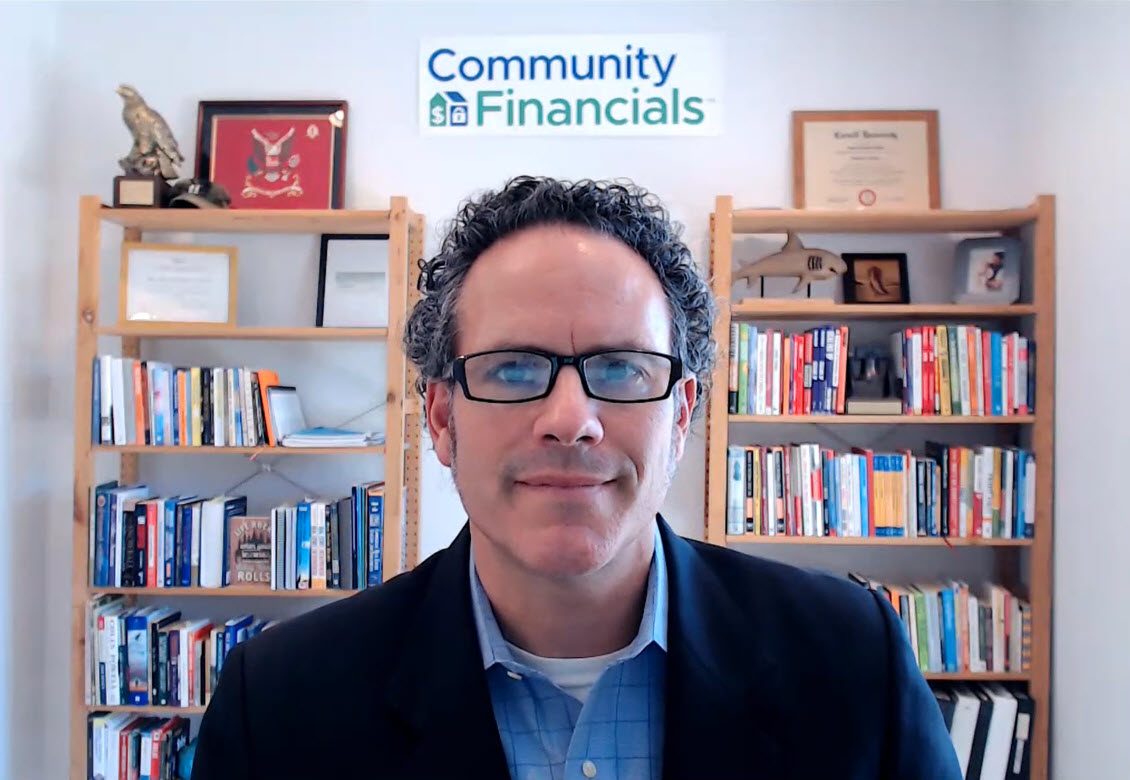Stop Crony Collection Practices at your Condo Community or Homeowners’ Association
We’ve seen it before – a Board plays favorites. They don’t enforce the rules equally among all unit owners. But we know that all owners have to follow the same rules and no one can pick favorites. An example of favoritism that can cost the association a significant amount of money is when it comes to not enforcing a collections. A board member, their family or friends can’t be granted special favors when it comes to paying assessments. You need to stop crony collection practices at your condo community or homeowners’ association.
In many states there is a limit as to how many month’s assessments can be levied if a collection process results in a foreclosure to enforce payment. For example in some states it is 6 months and in others it is 9 months. The collection process takes time when attorneys get involved along with a court’s schedule. So if a board decides not to proceed with a collection action in a timely way there is a risk that your community could lose months of unpaid assessments.
Self-Managed communities are especially prone to crony collection practices. There is less oversight, there is not an independent party overseeing the accounting.
Hire an Independent Party to Oversee Community Funds
Using a third party to handle your condo community & HOA bookkeeping tasks will help. If you use a full service property manager the financial management is included in their service. If you are self-managed you can use a bookkeeping service that specializes in condos and HOAs. This service will standardize your collection processes and will treat all owners the same. The service’s system will ensure uniformity. Late fees will be assessed per your governing documents or state law. Your collection policy will be followed: Late letters sent out on x date, certified letters sent out on y date and the account will be turned over to a collection agency or attorney at a specified date.
Boards can still be involved in deciding to give some leeway for extenuating circumstances (unit owner was abroad, person’s health, recently lost a job, etc.). But the leeway is not because it’s Joe or Jane and he/she is my friend. A Board member that is domineering can still cause delays but it is more difficult when you have a third party working for your community.
Create a Collection Policy
If your association does not already have a Collection Policy or Collection Standard you need to draft one up. The policy will outline the steps that happen to unit owners when they pay late. Hire an attorney that specializes in community association law to help you draft your policy and ensure it follows any state mandated guidelines, gets voted on and distributed to owners properly. Lastly, follow the steps outlined in the policy on all owners uniformly.
Enforce the Policy with an Attorney
When late letters and demand letters don’t work then you’ll have to turn over delinquent accounts to a collection agency or collection attorney. This is the final step to give your collection policy some teeth. The last thing a crony wants, besides paying past due common charges, is to lose their lot/ unit in a foreclosure proceeding.
After you collect these past due funds your community will be able to avoid late charges on unpaid bills and beautify your property by handling deferred maintenance. Most importantly the board can stop spending precious time on this unfair issue.

